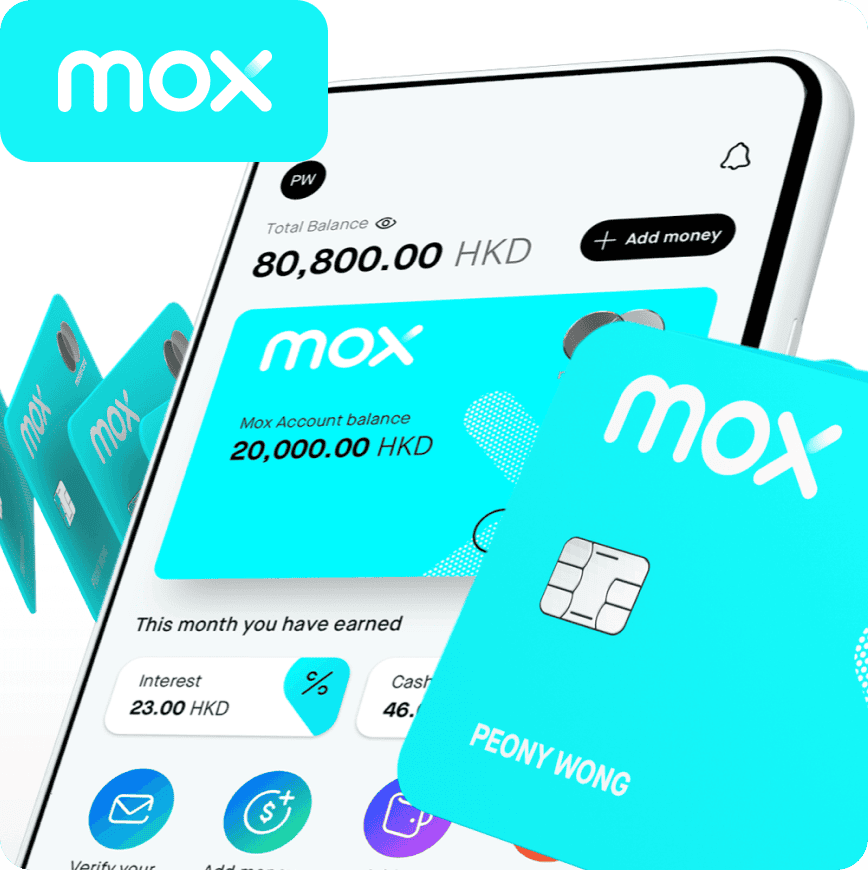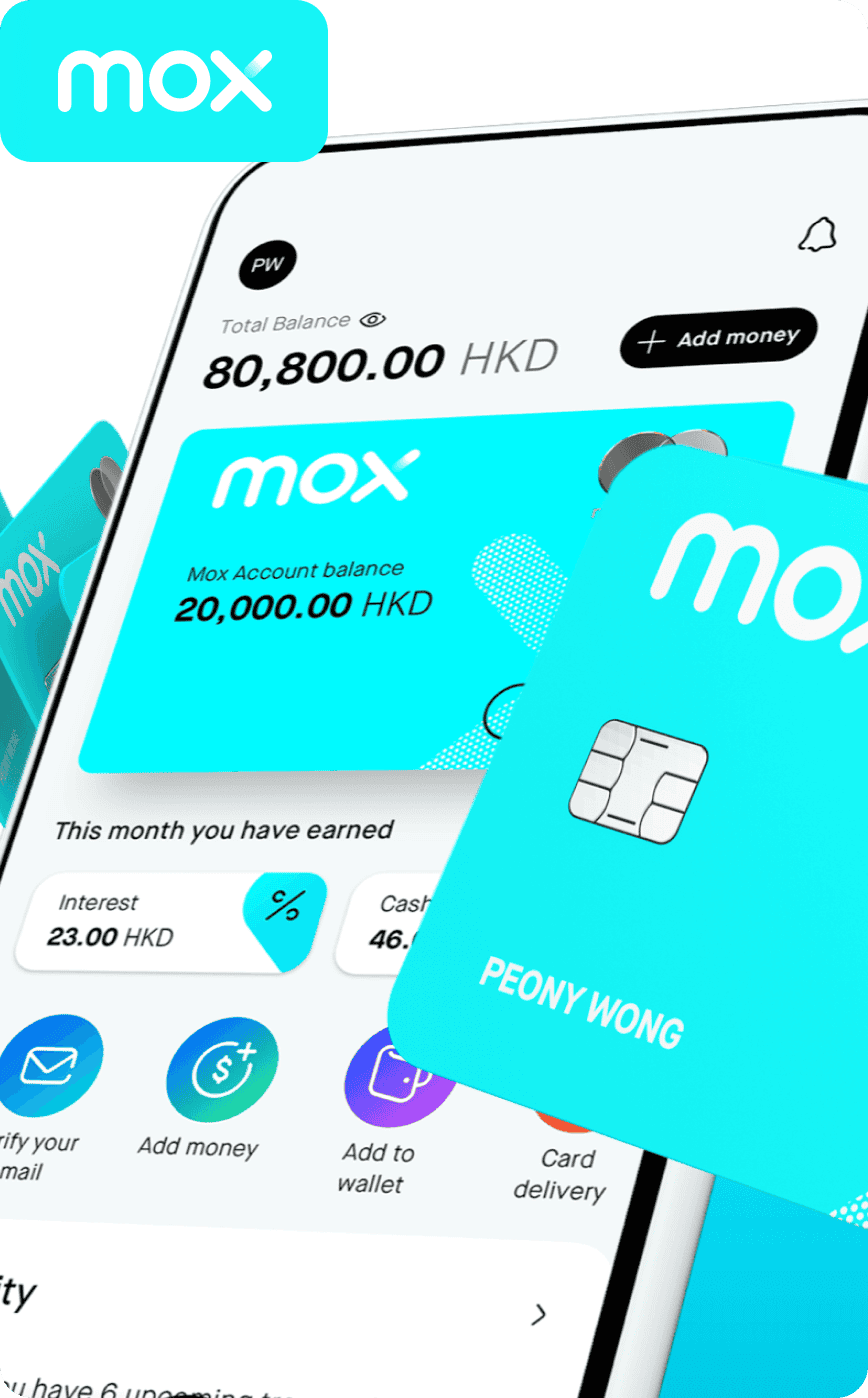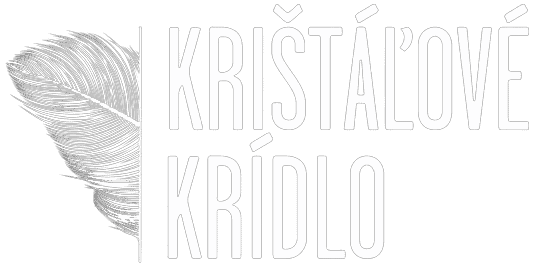

A fully digital consumer bank by Standard Chartered offering payments, FX, loans, savings, investments and rewards
Mox has extraordinary success as an online bank. Led by former CEO Deniz Güven, the smart phone app has taken Hong Kong by storm, snatching up more than 100,000 customers within its first year. It’s rare for a fintech to do so well. And especially so for a legacy bank to create it. At long last, banking giant Standard Chartered has proved that the godfathers of finance really can beat the tech companies at their own game.
So how did Mox do it? What secret formula did they follow, that the scores of other banks before them couldn’t?
Vacuumlabs provided engineering and architectecture of a neobank from the ground up. We continue providing a dedicated team leading the development of the mobile banking application.
Customers in the first year
Record breaking onboarding
The first all-in-one numberless bank cards
When Standard Chartered began working on their virtual bank Mox.com in Hong Kong, they knew that the only way to innovate was to rethink the process and launch a new operating model. They decided to partner with digital partners like Vacuumlabs to bring their vision to life.
“Mox operates in a whole new way by listening to customers and focusing on heart share. We aim to empower Hong Kong customers to grow and unlock more possibilities by providing a truly digital and personalized banking experience.”

CEO of Mox

A seamless challenger bank experience, with the long-standing loyalty and brand awareness of an incumbent? It sounds too good to be true. It normally is.
If dragons could create successful unicorns, the rewards would be immense. Imagine the scalability, efficiency and agility of a challenger if they held the kind of account deposits you’d expect to see in an incumbent. A case in point is Mox, the digital bank backed by Standard Chartered in Hong Kong. The average account has a whooping US$10,000 stashed away. The likes of Revolut or Monzo could only dream of achieving such numbers. Their customers deposit a meager £300 – £500 a month, which tends to quickly vanish again.
But Mox is a rare example, a diamond in the rough. Vast swathes of incumbent banks have tried and failed to crack the market. Walking through the graveyard of abandoned apps, in the field of digital banking and investment management, we can find the likes of UBS’ SmartWealth, Investec’s Click & Invest and RBS’ Bo among others. So, what’s the secret formula? We spoke to the pioneer behind Mox, CEO Deniz Güven himself to crack the billion-dollar code.
Different from other banking apps, Mox remained fiercely independent. Mox was built entirely from scratch, so each technological decision was given a lot of thought. It needed to earn its place and add value.
“We didn’t use any existing technology from our mothership.” We use technology to differentiate, because technology enables us to do new kinds of things, to change the mindsets, and change the KPIs”.
Traditionally, incumbent banks’ onboarding processes have been a real turn-off for customers. In 2020, 63% of customers in Europe abandoned their digital application because it took too long. Because of slow onboarding, 78% of banks say that they’ve lost customers to challengers. But by using fresh technology, Mox neatly side-stepped this problem. Onboarding time takes just 3 minutes and 47 seconds, in-line with Revolut, Monzo and other challengers.
Speedy and seamless onboarding is a huge deal when it comes to revenue – the lifeblood of any bank. Incumbent banks are missing out on a jaw-dropping $22.75 billion each year because their onboarding technology cannot compete with challengers.
Mox started its journey at the destination – with the customers. Güven reveals how customer-led research directed the technology, every step of the way:
“We used ethnographic research to fully understand the customer. We identified 80 pain points and set about trying to fix each of these issues one by one with technology”. Güven refers to these as “micro-innovations”.

CEO of Mox
One successful innovation was to create a beautifully blank card, without a long number, CVC or expiry date.
“We realized that there’s an extra sensitivity in Hong Kong with cloud security. This was the first numberless card in Asia by a bank”.
Micro-innovations that enhance the customer are game-changing in the industry. Even the smallest differentiation can go a long way. You only need to look at the brightly coloured metal, wooden and even ceramic cards to see how challengers are clamoring for customers’ attention.
For Mox, who reached a staggering 60,000 customers after just 80 days – almost 1% of the entire Hong Kong population – a service-first approach was pivotal.
Finding the best people is key to unlocking success for Güven, who conducted more than 1,200 interviews to build his dream team. Güven looks for a specific trait in his partners and workforce. It’s what he refers to as the “Midas touch”. Like the ancient Greek God, Güven looks for people who can turn things to gold with a touch – or add significant value quickly.
With each new set of skills brought on board, Güven improves the service for customers. Vacuumlabs was one such partner, and our Midas touch was that we could use technology to rocket Mox ahead to launching.
“You need to find a partner or partners that you can collaborate with in a different way. Thanks to you guys [Vacuumlabs], we accelerated to delivery!”. It was a really, really good experience for all of us”.

CEO of Mox
In the world of digital banking, the right partnership can add significant brand value – both to the customer and shareholder., Marcus by Goldman Sachs also uses partnerships well. For example, in 2019, the digital banking app teamed up with Apple to deliver a credit card which integrates into customer’s mobile devices. This offers a breakdown of spending patterns to help customers save money. It helps make them memorable and keeps them in-touch with their customer base.
Even before COVID-19, it was painfully obvious that the dragon banks needed to digitise or become a mysterious relic of the past. Each generation expects better digital experiences, and we’ve reached a point where 62% of UK Gen-Zs last year were unhappy with their bank. To survive, banks must stop talking about their digital transformation strategy and start delivering on it.
Achieving this will require significant digital upskilling, as an entire workforce needs to re-learn the way they do finance. A recent Hong Kong Banking report reveals that this will be one of the most intense challenges that the sector will face over the next decade.
Güven, however, is approaching the problem in a fresh way. He’s built Mox, with the intention that one day, Standard Chartered can follow in its blaze. As he elaborates further, Mox is not just an app, it’s the future operating model of the bank:
“This is the most critical piece, and it was vital for me. Instead of just focusing on one mobile app, and pushing the technology and pricing, we decided to focus on a new operating model, which can bring us a lot of different opportunities and also a lot of chances to differentiate ourselves in Hong Kong … Let’s build the future operating model of Standard Chartered!”.
It’s a bold and strong statement, but Güven has researched and honed his product in extraordinary detail. As they say, fortune favours the brave. And, here at Vacuumlabs, we feel very fortunate to have been a part of the journey of building Mox.
Listen to the entire podcast with CEO Deniz Güven for more exclusive insights and unreported nuggets. Available on Apple Podcasts, Breaker, Google Podcasts, Overcast, Pocket Casts, Spotify
or here:
Our team of experts will work closely with you to understand your goals and deliver a truly customized solution that meets your unique needs.






This site is protected by reCAPTCHA and the Google Privacy Policy and Terms of Service apply.
By submitting this form you agree to the processing of your personal data according to our Privacy Policy.
By submitting this form you agree to the processing of your personal data according to our Privacy Policy.
By submitting this form you agree to the processing of your personal data according to our Privacy Policy.
Retail Banking
B2B Banking
Fintech and Neobanks
Product
Engineering
Operations
Latest Whitepapers
Interested in a specific topic?
Let us know - we are happy to help
Thank you for contacting us! One of our experts will get in touch with you to learn about your business needs.
We use cookies on our website to give you the most relevant experience by remembering your preferences and repeat visits. By clicking “Accept All”, you consent to the use of ALL the cookies. However, you may visit “Cookie Settings” to provide a controlled consent. You can also "Reject All".
| Cookie | Duration | Description |
|---|---|---|
| cookielawinfo-checkbox-analytics | 11 months | This cookie is set by GDPR Cookie Consent plugin. The cookie is used to store the user consent for the cookies in the category "Analytics". |
| cookielawinfo-checkbox-functional | 11 months | The cookie is set by GDPR cookie consent to record the user consent for the cookies in the category "Functional". |
| cookielawinfo-checkbox-necessary | 11 months | This cookie is set by GDPR Cookie Consent plugin. The cookies is used to store the user consent for the cookies in the category "Necessary". |
| cookielawinfo-checkbox-others | 11 months | This cookie is set by GDPR Cookie Consent plugin. The cookie is used to store the user consent for the cookies in the category "Other. |
| cookielawinfo-checkbox-performance | 11 months | This cookie is set by GDPR Cookie Consent plugin. The cookie is used to store the user consent for the cookies in the category "Performance". |
| viewed_cookie_policy | 11 months | The cookie is set by the GDPR Cookie Consent plugin and is used to store whether or not user has consented to the use of cookies. It does not store any personal data. |